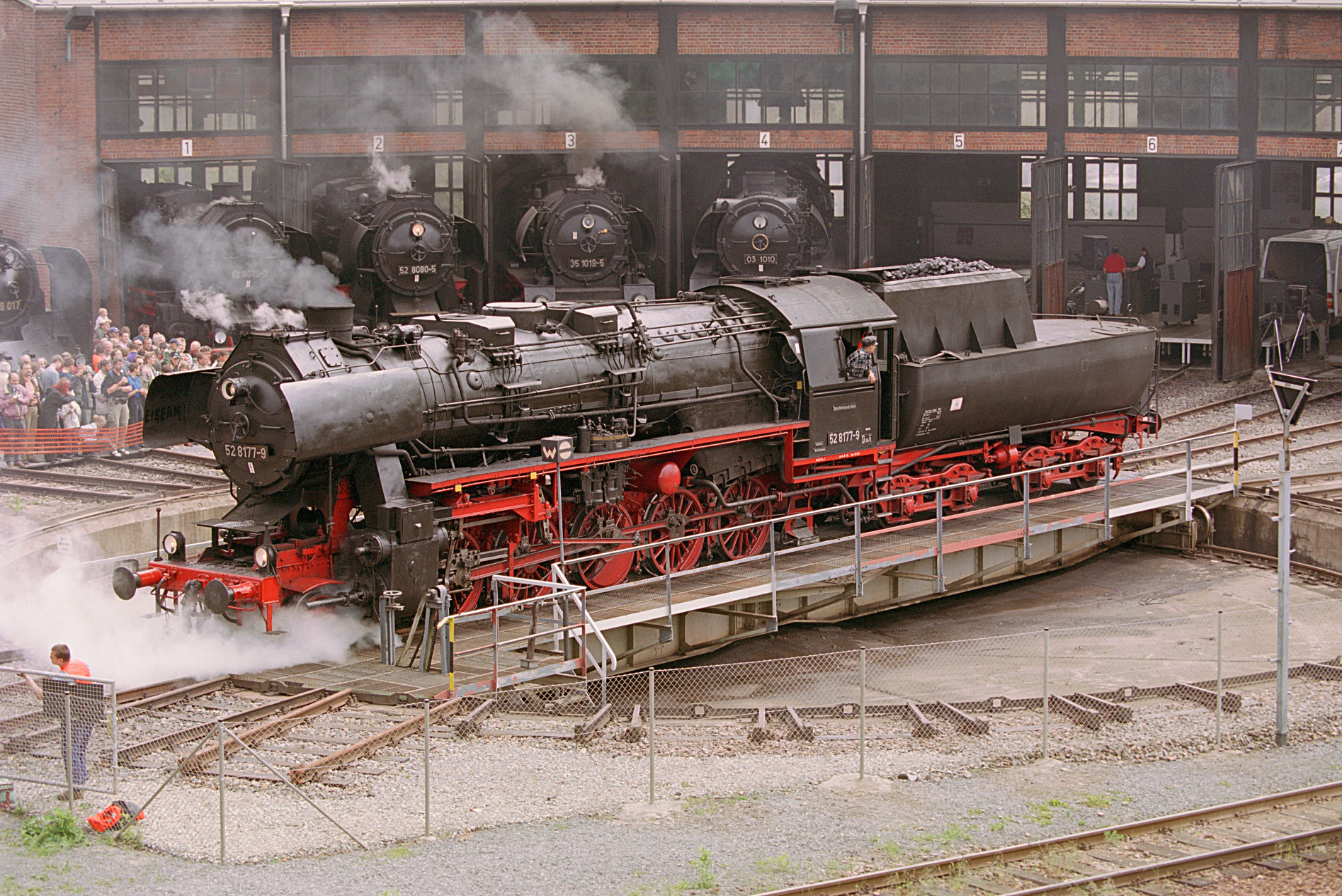

duckduckgo browser is based on Chromium (as nearly every other “alternative” browser is) and therefore will use Manifest v3 and neuter uBlock.


duckduckgo browser is based on Chromium (as nearly every other “alternative” browser is) and therefore will use Manifest v3 and neuter uBlock.


To totally confuse you: The USA uses the “standard litre” while Europe uses “normal litre”:


I know what they are saying. I just don’t think that building a solar farm in Morocco is really colonialist and would push them to still use fossil fuels as claimed. Go to google maps, search for those projects mentioned in the Guardian article and they are being build in the literal desert with enough space around:

However the article is claiming:
European countries are extracting renewable energy from Morocco and Egypt to “greenwash” their own economies, while leaving north Africans reliant on dirty imported fuels and paying the environmental costs, a Greenpeace report says.
But why?


I’ve actually read the Greenpeace report the article is based on and that doesn’t mention your point.
It is actually really a strange report:
In the context of the greentransition,green colonialism- the continuationof colonialrelationsof plunderand dispossessionin the era of renewableenergies. Europeaninvestmentsin renewableenergy,greenhydrogenandagriculturemeet Europe’sresourcedemandsandmaintainthe growth-basedWesternlifestyle,while imposingecologicaland socialsacrificeson GlobalSouthcountries.Thisdynamic creates"sacrificezones",where local populationsbear the impactsof Europe’s energyandconsumptionneedswith little benefi
I’m not sure why Greenpeace came to this while talking about projects that are building solar farms in the desert.


Try searching for the correct charts. You are talking about global prime energy consumption and it makes sense that this is growing in a world with a growing population, enormous economic growth in China and India and so on.
But if you take a look at Europe: Primary energy consumption has been sinking since 2006 from 18,997 TWh to 15,662TWh in 2023:
https://ourworldindata.org/grapher/primary-energy-cons?tab=chart&country=OWID_EU27~OWID_AFR
The share of fossil fuels is also decreasing:
https://ourworldindata.org/grapher/fossil-fuels-share-energy?tab=chart&country=~OWID_EU27
So this does work.


If they gave more time than just a few months, in example at least an entire year, then people could at least download those files before hand. Not sure how long this would take and how stressful this would be for their servers.
They could also give the option to pay for this. They should know what storing a video costs and therefore could give creators the chance to cover that cost.


Peertube won’t cut it. Those people in the article have thousands of hours of videostreams there. If you’re streaming at 1080p, that will be around 1.5GB of storage per hour. 4k will be worse. So if you have 5000 hours of videos like the one guy in the article, that is a neat 7500GB or 7.5TB of video. There is no instance around that will allow you to save that amount of videos.
So hosting your own instance would be the only way. Looking at Hetzner storage box, 10TB of data will cost you 25€/month or 300€/years. That is money, but should be possible to pay out of your own pocket.


Wir können auf jeden Fall froh sein, dass wir den Atomausstieg geschafft haben, bevor wieder irgendwelche konservativen Vollhonks an der Macht sind, welche dann die Laufzeiten bis ins Gefährliche verlängern


Es ist noch schlimmer: Die haben einen arg veralteten Kraftwerkspark und müssen den in den nächsten Jahren dringend ersetzen. Im Schnitt sind die so ~40 Jahre alt. Flamanville 3 hat aber mal eben 13 Milliarden Euro gekostet - selbst wenn die jetzt etwas Gewinn machen, sie haben ein riesiges Investitionsprogramm vor sich, das selbst bei gleichbleibenden Gewinnen die Profite der nächsten 2 Jahrzehnte fressen wird.


There are better gadgets to track your sleep. If you want to just track how you’re sleeping, get a cheap fitbit. Withings or Apple Watch are also able to detect sleep apnea


Das ganze Konzept ist halt kaputt und es gibt gute Gründe, wieder zum guten, alten Konzept der Staatseisenbahn zurückzukehren. Wenn jetzt hier Länder einzeln Strecken ausschreiben, private Firmen dann zu knapp kalkulierte Angebote abgeben, pleite gehen, der Staat dann entweder nachschießt oder dann die Insolvenzkosten trägt während irgendwo eine andere Firma da noch Gewinne aus dem System zieht, macht halt irgendwie keinen Sinn. Dann kann der Staat auch einfach direkt die Bahnen betreiben und sich den ganzen Zirkus sparen. Dann kann er auch als Einheitsbahn Lokführer dort einsetzen, wo sie gebraucht werden und dann hat nicht die Eurobahn plötzlich Personalmangel und Züge fallen aus während andere Unternehmen genügend Personal haben.


You should at least play around with the export options and do regular exports. You really don’t want your diary of over 5 years to be stuck in an unmaintained app. And since this seems to be supporting exporting into markdown - maybe try an export and checkout logseq or Obsidian?


Just imagine how much energy it must cost to provide this garbage to every mail going through Yahoos servers.


Die Abellio GmbH (Abellio Deutschland) ist ein Unternehmen mit Sitz in Berlin, dessen frühere Tochterunternehmen in Deutschland im Schienenpersonennahverkehr (SPNV) aktiv waren. Die Abellio GmbH gehört zur Abellio Transport Holding, einem Unternehmen der niederländischen Staatseisenbahn Nederlandse Spoorwegen (NS). Seit Juli 2021 befindet sich das Unternehmen in einem Schutzschirmverfahren, nachdem die NS nicht mehr bereit war, die Verluste aus dem Deutschlandgeschäft zu tragen.[1][2]
Das ist übrigens etwas, das man nicht so einfach akzeptieren sollte. Da haben die niederländischen Staatseisenbahnen sich einen schlanken Fuß gemacht und eine halbe Milliarde Kosten auf den deutschen Steuerzahler abgewälzt.
Blick zurück ins Jahr 2022: Im Nahverkehr an Rhein und Ruhr brennt es lichterloh. Schon seit 2020 klagen Nahverkehrsunternehmen wie Eurobahn, Abellio und NationalExpress, dass ihnen die Kosten davonlaufen. Sie haben Verträge, in denen steht, wie viel sie für ihre Leistungen auf der Schiene bekommen. Doch die „wasserdichten Verträge“ einer Düsseldorfer Anwaltskanzlei wälzen alle Risiken auf die Bahnfirmen ab. Zur Wahrheit gehört auch: Abellio, seit 2008 im Besitz der Niederländischen Staatsbahn, ist offenbar mit sehr sportlich kalkulierten Markteintrittspreisen gestartet. Hinzu kam Missmanagement und personelle Überforderung bei Übernahme der S-Bahn Rhein-Ruhr und zweier RRX-Linien Ende 2021. Abellio schafft es nicht – in Pandemiezeiten nachvollziehbar – schnell genug Personal auszubilden. Fahrten fallen aus, Abellio wird mit Strafzahlungen und Abmahnungen überhäuft.
Also viel zu optimistisch kalkuliert, dann unternehmerisch gescheitert und dann schick mit der Insolvenz einen schlanken Fuß gemacht. Dabei dann Millionen Pendler zig Stunden am Bahnhof warten lassen. Wirklich wunderbar.


Hast du dazu einen Link für uns? Und weißt du, was die Vorteile davon sind?


Because you are not paying enough attention:


Let’s be honest: Everything that might be “worse” or “annoying” in Firefox for someone is not relevant in comparison to “no working adblocker available”. A browser without adblock is unusable
Ja, genau! Man kann so was nicht hier posten ohne das gegessen zu haben!


WTF?
Yeah, and I’m talking about solar farms, which do not use any water at all. Maybe some to clean the panels, but that is exactly my issue here: The article is throwing stuff together that really doesn’t belong together. Buying gas from Egypt is different than building a solar farm or building industrial hydrogen plants or importing agricultural products.